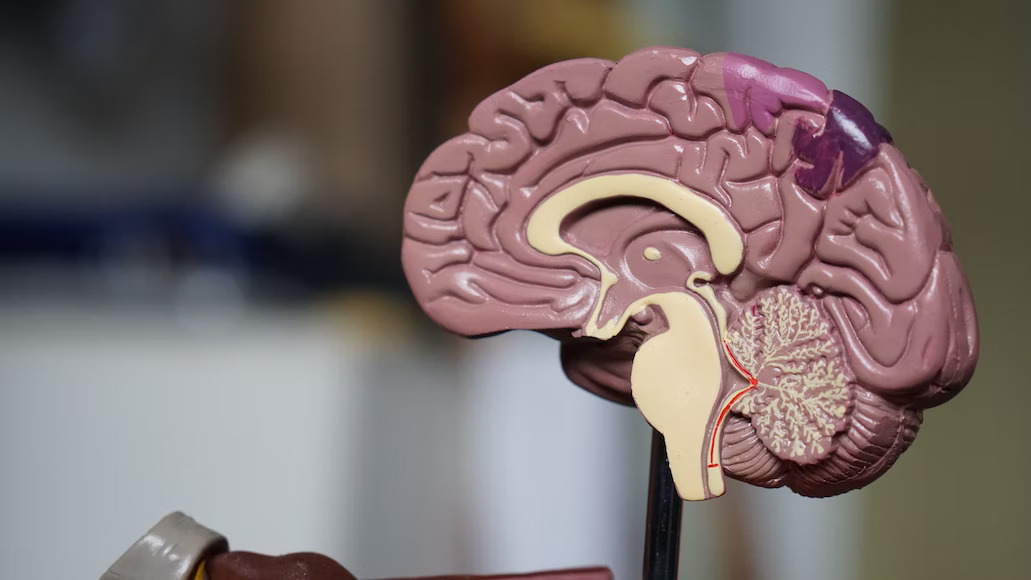Preventive Healthcare
Encephalitis - Symptoms, Causes, Treatment & Major Testing's
2134 Views
0

What Is Encephalitis?
Encephalitis is a serious condition of inflammation in the brain. This condition is uncommon and can be caused in several different ways. The cause often is connected to the immune system. Many viruses are also responsible for causing encephalitis.
Encephalitis Symptoms
Encephalitis symptoms are very mild and similar compared with other conditions. The person might experience fever, headache or no symptoms at all. Severe symptoms include encounter seizures, sensory disturbances and movement issues.
If autoimmune causes are diagnosed in the body, there is a high chance of an increase in symptoms of encephalitis. This pattern can be noticed in infections such as chikungunya and Zika. Fever, headache, lethargy and nausea remain at the top of other symptoms associated with encephalitis.
There is a great chance to ease the symptoms of encephalitis through medication and hospitalisation. However, its influence on the brain can affect the concerned person's daily routine or activities. This brain infection is of a rare kind. The illness can be curable or fatal, depending on the situation and intensity.
Encephalitis Causes
The Herpes Simplex virus generally causes cold sores. Cold soreness is a widespread symptom of encephalitis. Varicella Zoster is a virus responsible for life-threatening conditions such as shingles and chickenpox, which can also be a potential cause of encephalitis. Rubella, measles and mumps are some other viruses that can be the cause of encephalitis. There are also viruses spread by animals that can cause tick-borne encephalitis and Japanese encephalitis.
Japanese encephalitis is considered to be a flavivirus. The virus is closely related to yellow fever and dengue. Over 65,000 individuals in Asia are diagnosed with this flavivirus every year. Tick-borne encephalitis, on the other hand, is caused by infectious ticks. It can be spread by consuming dairy products. The virus is commonly spread in Asia as well as Europe. It is advised to avoid drinking unpasteurized milk as a prevention from the virus.
Viruses that cause gastrointestinal illnesses, such as herpes simplex virus type 1 and type 2 and enterovirus, are major causes of encephalitis. The leading causes of encephalitis are bacterial and viral infections, insect bites and autoimmune inflammation. Sometimes, the reason can also be not known.
Testing for Encephalitis
Testing for encephalitis can give your doctor information to assess your symptoms and understand the intensity of the infection. Tests also help healthcare providers to identify if your encephalitis is caused by bacteria, viruses or the immune system. Even though testing aids in diagnosis and treatment, the cause can remain unfound in testing about 40% of the time.
There are several different ways of getting tested for encephalitis. Some of the major ones are listed below.
1. Lumbar Puncture
Lumbar puncture is a technique that involves examining the spinal fluid in a laboratory. The other name for a lumbar puncture is a spinal tap. In this medical procedure, a needle is inserted into the person's spinal canal to receive cerebrospinal fluid, which aids in diagnostic testing. A spinal tap is a quick procedure where the person has to lie down on one side and bring their knees up to their chin. Local anaesthesia is inserted into the lower back to numb the spinal cord. Lastly, a spinal needle is inserted to collect the fluid for laboratory tests.
Most diseases like encephalitis that occur in the brain or central nervous system are diagnosed through a lumbar puncture.
2. Blood Test
Blood and urine tests are the most common tests used to measure various factors determining the diagnosis of several infections and diseases like encephalitis. Blood tests assess organ functioning and bacterial activity in the body. This is particularly the case for autoimmune encephalitis. Blood tests for autoimmune encephalitis screen for antibodies such as NMDA, AMPA GluR1 and GluR2, GABA-B, LGi-1, CASPR2 and DDPX.
The procedure of taking a blood test is the easiest. The blood is extracted through the person's veins through fingerpicking using a hypodermic needle.
3. Body Imaging Techniques
There are many imaging techniques to determine the presence of bacterial or viral activity in the human body. Some commonly used imaging techniques are magnetic resonance imaging (MRI) scans, computed tomography (CT) scans and electroencephalogram (EEG). These tests detect internal bleeding in the brain, tumours or tissue damage.
- An EEG measures any electrical activity in the brain. Neurons generate powerful electrical fields through action potential.
- MRI scan, on the other hand, is a painless imaging technique. It leads to the production of 3D anatomical images of the brain and body.
- CT scans are another imaging technique that can read and provide detailed images of bones, muscles, fat, organs and blood vessels. CT scans are more precise than any other kind of X-rays.
Getting tested is the safest option. These tests detect encephalitis and other brain-related complications, such as brain aneurysms, strokes and tumours. Sometimes, one test might not be enough, and you may need to sign up for a combination of 2 to 3 tests.
Even though encephalitis is a serious condition, there might be ways to recover from it. It might cause persistent problems, but with the proper healthcare support and medication, you can manage it.
Treatment of Encephalitis
Treatment based on tests and causes can also be of several kinds. Vaccines such as measles, chickenpox, rubella and mumps reduce a person's chance of being diagnosed with encephalitis.
If encephalitis is caused by the herpes simplex virus type 1, type 2 or chickenpox, antiviral medicines are a possible treatment direction. Steroid injections can be another treatment path if the condition's cause is through the immune system. In case of immune system complications, the person can also undergo immunoglobulin therapy. Plasmapheresis is another procedure that prevents the blood from attacking the brain. In case of mild-flu symptoms, the person can regularly consume antibiotics and antifungal medication to prevent the condition from worsening.
 Home Visit
Home Visit Upload
Upload














1701259759.webp)









 WhatsApp
WhatsApp